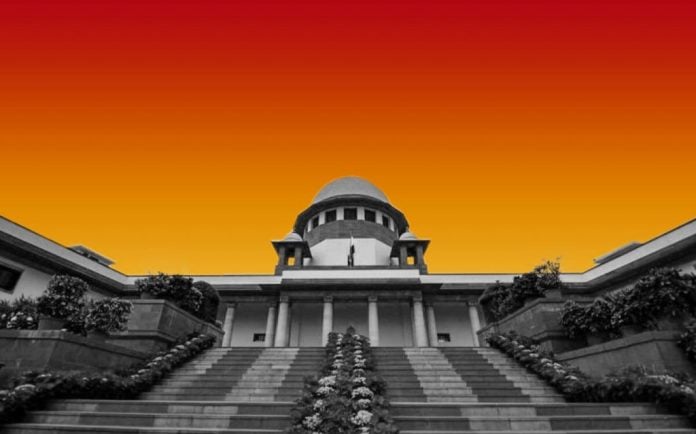The Supreme Court has decided to examine if a person can be deported from the country under Section 9(2) of the Citizenship Act without deciding his application about citizenship.
Section 9(2) provides that if any question arises as to whether, when or how any citizen of India has acquired the citizenship of another country, it shall be determined by leading evidence before the person’s citizenship is terminated.
A Bench comprising of Justice Surya Kant and Justice JB Pardiwala said the above while responding to the Gujarat government and the Union Home Ministry on a plea filed by a Gujarat resident apprehending deportation to Pakistan.
The Court has ordered a status-quo and is likely to hear the matter by Novemner this year.
The petitioner who is a resident of Godhra in Gujarat, moved to Pakistan in 1976 . After spending few years , he came back to India in 1983 and got married to an Indian citizen. In 1991, he permanently shifted back to India with a residential permit continued living in Gujarat from then.
The man apprehending deportation, moved a civil court to be declared an Indian citizen under Section 5(1)(C) of the Citizenship Act and asked for protection from being sent back.
The Civil Court granted protecton but clearly stated that they are not competent authorities to rule on the same.
The State government challenged this ruling after 4 years later, post which the District Court which quashed the protection..
High Court upheld the District Court’s decision asking the appeal to be put before Supreme Court.
The petitioner said to the Court that there is no evidence by the respondents to show that the petitioner had voluntarily acquired citizenship of another country.
The courts failed to appreciate the fact that the petitioner was born and brought up in India and also did his primary education in India, it was contended.
The plea said that the petitioner has spent more than substantial part of his life in India and the same fact was not appreciated by the Hon’ble High Court.


